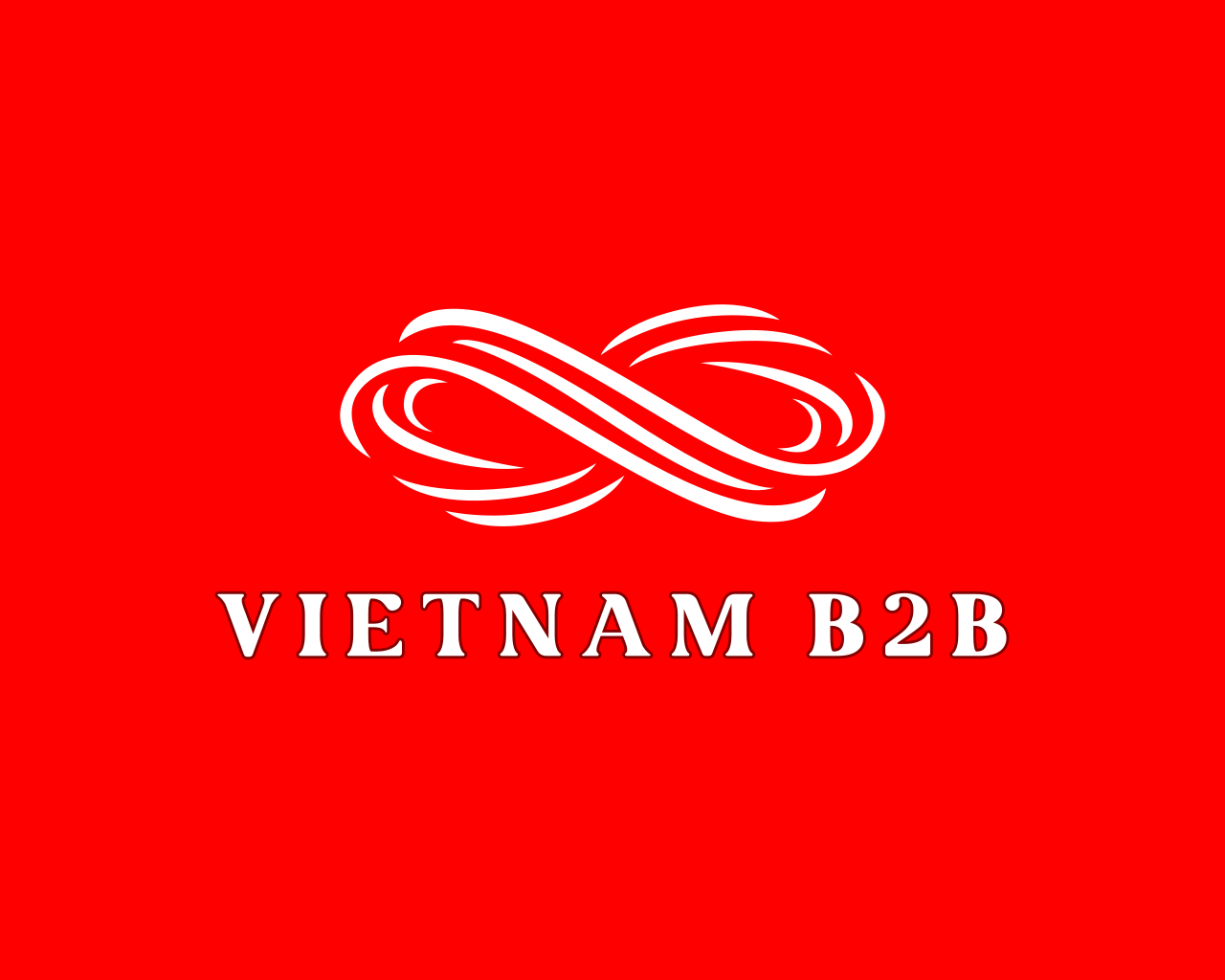According to the general director of Uniqlo Vietnam, Hideki Nishida, Uniqlo relies on 80 factories and 240,000 workers in Vietnam to produce their products, making Vietnam one of their top manufacturing hubs in Asia. The products made in Vietnam are then distributed to over 2,400 stores worldwide, playing a significant role in Uniqlo’s global value chain. In Vietnam, more than 50% of the products sold in Uniqlo stores are manufactured locally, and Vietnamese fashion products are gradually gaining a larger share in the global market.
Data from investment firm Mirae Asset reveals that in 2022, fashion products made in Vietnam held market shares of 18.3%, 15.6%, and 31.1% in the U.S., Japan, and Korea, respectively. Uniqlo’s parent company, Fast Retailing, has been outsourcing manufacturing to Vietnam for over two decades, even before opening its first store in the country in 2019. Currently, approximately 240,000 workers are involved in the production process of Uniqlo’s products in Vietnam. Uniqlo’s partners in Vietnam have the capability to produce key products such as the ultra-light down line and trademarked HEATTECH fiber technology, which includes fluffy yarn fleece coats made from recycled PET bottles using advanced manufacturing processes.
To support their partners, Fast Retailing sends a skilled artisan group called the Takumi team to provide technical knowledge and assistance, ensuring that all products meet global safety and quality standards. Nishida expressed the company’s commitment to expanding the presence of local products in Uniqlo’s Vietnamese stores. Despite the challenging economic climate, Uniqlo managed to open seven new stores in Vietnam this year, bringing the total number of stores to 22. Nishida stated that their business performance aligns with Fast Retailing’s long-term development plans.
Fast Retailing’s net profit for the fiscal year ending in August increased by 8% to JPY296 billion (US$1.9 billion) due to record revenues of JPY2,770 billion (US$18.6 billion). Nishida acknowledged the remarkable growth potential of the Southeast Asia market, particularly in Vietnam, and expressed optimism about the country’s potential. Uniqlo currently employs around 1,000 people in its retail operations in Vietnam. Nishida pledged to increase the number of Vietnamese store managers, which currently stands at 70%, and to hire at least one disabled person in each store as part of the brand’s commitment to inclusivity and equal opportunity. From its humble beginnings as a small store in Hiroshima in 1984, Uniqlo has now become the largest clothing retailer in Asia and one of the world’s top four.
